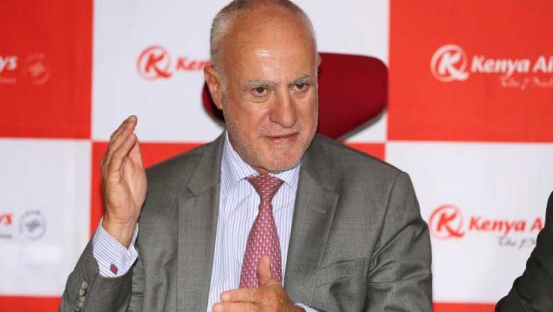×
The Standard e-Paper
Kenya’s Boldest Voice

After years of rocky marriage, the controversial KLM agreement with Kenya Airways brokered in 1996 is now set for a major overhaul.
The airline will sign a new joint venture agreement with KLM Royal Dutch Airlines early next week. The deal will replace the controversial agreement signed in 1996 during privatisation of KQ, in which the Government ceded control and gave KLM sweeping powers in running of the Kenyan national flag carrier.